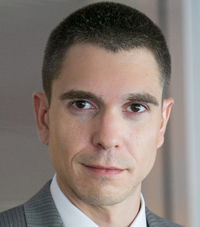Fifteen years ago this Sunday, al Qaeda attacked. Over time, the commemoration of 9/11 has morphed from a solemn remembrance to a superficial media bonanza and a catalyst for fear of terrorism. Facing threats from ISIS and homegrown terrorism, the country is already gripped with fear. This is not what we need to inspire among the population. We need to engender steely-eyed bravery that scoffs at our adversaries, and more importantly, guards the American public against being manipulated through their fear.
If there is anything that betrays the memory of 9/11 victims, it’s those who would use American fear for their own ends. It disrespects the people who lost their lives and all the people since who have made the country safer. Here is my latest piece in U.S. News & World Report, explaining what fear of terrorism is doing to the American public.
9/11 Is a Reminder That We Must Master Our Irrational Fear of Terrorism – US News & World Report
It’s that time of year. The “Never Forget” platitudes are streaming across television announcing the 15th anniversary of the Sept. 11 terrorist attacks. But as we remember, let us not succumb to public fear that is being used for reasons other than national security.
There is a disconnect between Americans’ fear of terrorism and the probability that they will die from it. In 2013, the odds of being killed by a terrorist in the United States were one in 56 million, according to data from the Economist. With the murders in San Bernardino and Orlando, that ratio has dropped, but even if we were to double the number of people killed in those attacks, the odds of death-by-terrorist for Americans is one in 2.5 million.
We citizens need to master our fear of terrorism because it makes our opinions malleable and leaves us susceptible to manipulation. Fear makes us pawns in other people’s plans that have nothing to do with homeland security.
Read the full article.


